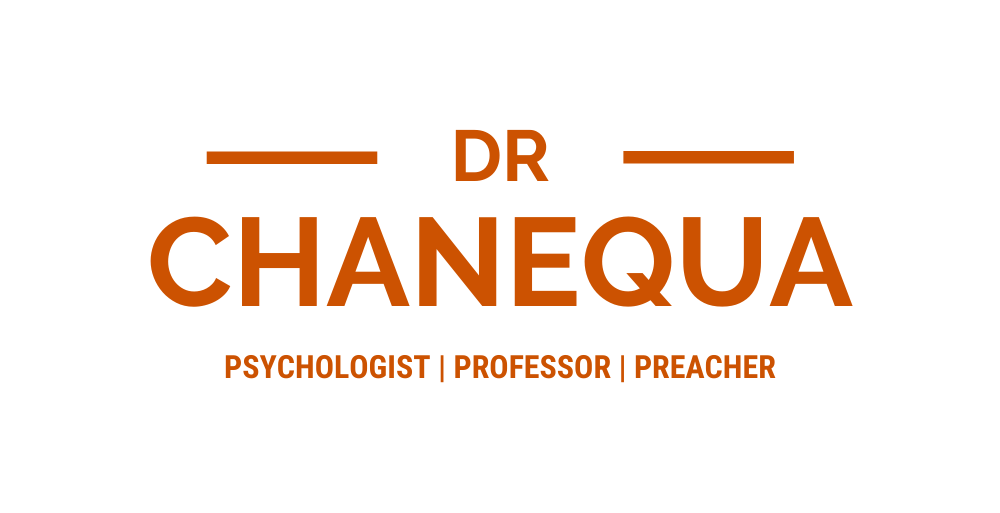RESOURCE GUIDES
People often ask me to suggest books and other resources that can help them deepen their understanding of and commitment to justice, reconciliation, healing, and wellness. The following resource guides include books, articles, podcasts, and films. I’ll add others over time. They’re only available to my Substack subscribers (click here to subscribe and you’ll receive the password in the welcome email).
Below you’ll find a description of the available resource guides. To access the full guide, click here.
-
Below are a set of resources to support your self-care journey. It includes books to help you frame a theology of self-care and to address specific elements of your self-care plan: bodily wellness, mindfulness, self-compassion, self-awareness, emotional intelligence, boundaries, and rest. There are also resources for specific populations, including Black women, LGTBQIA persons, clergy, disabled persons, and activists.
-
This resource list is designed to explore the meaning, dynamics, history, and evolution of racism in the United States. It provides an introduction to racism to people who are new to antiracist education and who have no prior knowledge, experience, or immersion in race and racisms. It is helpful for people who acknowledge that racism exists but who don’t know much about it otherwise, as well as for those who are skeptical but open about whether modern-day racism is an issue.
-
This resource list introduces and explains the concept of intersectionality and helps students understand why intersectionality theory and practice are vital to any efforts to dismantle racism. Starting with the work of Kimberlé Crenshaw, who coined the term, this list uses the scholarship and lived experiences of African American women and other women of color to examines how racism intersects with other forms of oppression, especially sexism, heterosexism, classism, and ableism. It is designed for students who have previously taken Racism 101, that is, who understand how racism has manifested and evolved throughout U.S. racial history, and who are ready to go deeper.
-
This resource list examines White racial identity, including how it formed, why it is critical to US racism, how it impedes racial justice and racial reconciliation, and how antiracist White people are attempting to dismantle White supremacy.
-
This resource list examines racism and reconciliation within the Christian church. It explains the role of the church in historical and modern-day racism, reviews wide-ranging perspectives on the meaning and process of reconciliation to Christians, and illuminates the potential role of the church in building beloved community. It includes a detailed list of podcasts and ecumenical and denominational organizations that can be support resources for individual Christians committed to antiracism.
I will be the first to admit that the Church generally sucks at understanding and living into racial reconciliation. Christian attempts at racial justice and reconciliation - especially intersectional justice and reconciliation - are often marked more by brokenness than hope. This brokenness is evident in some of the resources here. I do not agree with the perspectives of all of the authors, speakers, or organizations here. Some of these organizations have histories marked by racial and gender oppression. Some of the books gesture toward the sort of reconciliation that I critique as anemic. But I - like all of us - now see in a mirror dimly lit. And even amidst the brokenness and division, there is hope in the fact that these writers and organizations are taking up a topic that the Church would often rather ignore, and I want to honor that here by listing Christian organizations that have a significant emphasis on antiracism and racial reconciliation.
To receive access to the resource guides Dr. Chanequa has curated subscribe to her free newsletter on faith, justice, and healing.
